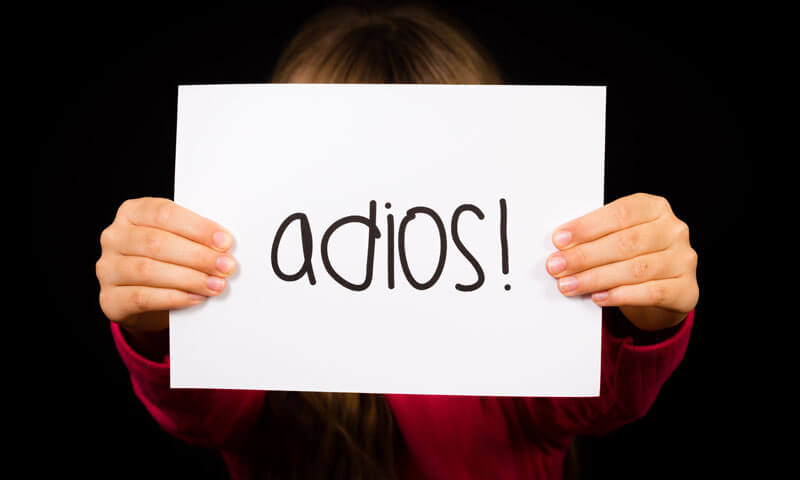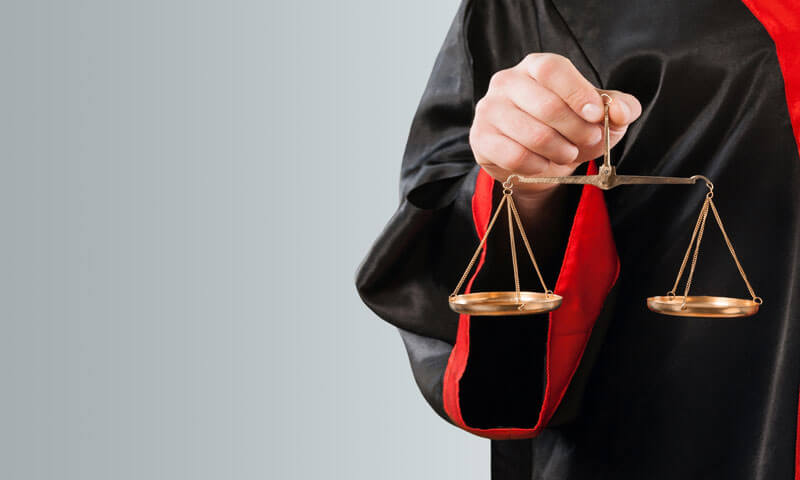
They made this ordinance for practical reasons. With 18,298 arrests for possession of ten 10 grams or less last year, 80% of which were dismissed by the court, and with a 37 percent increase in murder rate, in the meantime, it only makes sense that arresting a man or woman for having weed on his person is a waste of time and money.
“I want a full court press on the street,” said Mayor Rahm Emanuel, who backed the new law. Chicago “cannot afford to take our officers off the streets for hours at a time only to see over 80 percent of the marijuana cases dismissed in court.”
Other critics of the marijuana decriminalization see the drug as legitimizing racial profiling: “If you had been white and/or privileged,” said Alderman Howard Brookins, using the devil-word, ‘privileged,’ “a small amount of marijuana had already been decriminalized, because the only people who have been arrested for these types of crimes have been black and brown individuals.”
While not technically true, there is some sense behind criticisms such as this. Nationally, there has been a surge to consider decriminalizing the plant, in light of the dangerous effects of legal alternatives (such as K2), and the amount of money spent in prosecuting marijuana users. Seventeen states have legalized medical marijuana, and this November Colorado and Washington will ask voters whether to fully legalize the relaxing plant.
For a country that once made prohibition part of its founding document, this is a step in the direction of tolerance and freedom. Hopefully the positive consequences out-weight the bad.












































